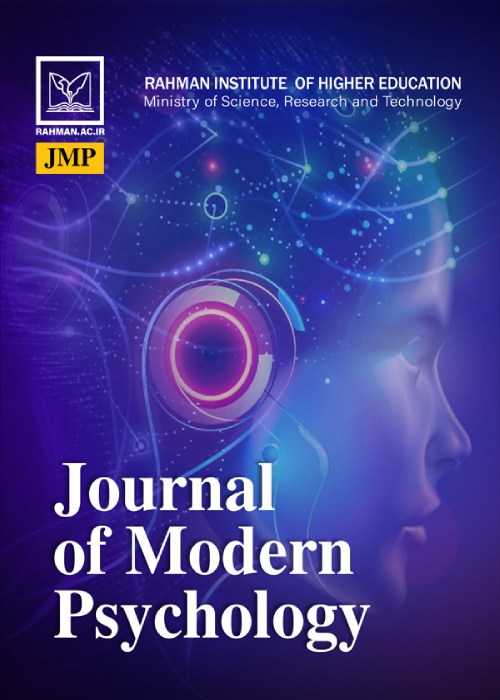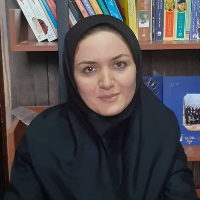A Causal Model of Relationship between Basic Psychological Needs and Academic Resilience: The Mediating Role of Ambiguity Tolerance in Online Education
Article Type:
Research/Original Article (بدون رتبه معتبر)
Abstract:
The present research was conducted to investigate the causal model of relationship between basic psychological needs and academic resilience in online education with the mediating role of ambiguity tolerance. The current research was applied in terms of purpose and correlational in terms of method. The population of the current research was Rahman Institute of Higher Education’s student studying in the academic year 2021-2022. Two hundred and seven students out of the population were selected through convenience sampling method. The data collection tool in the present research included The Basic Needs Satisfaction in General Scale (BNSG-S), Academic Resilience Inventory (ARI), and ambiguity tolerance (AT). Then the data were analyzed through structural equation method using SPSS 22 and Smart PLS 3 software. The research results showed that basic psychological needs positively and directly affect academic resilience (P<0.05). Moreover, the results revealed that ambiguity tolerance had a direct and positive effect on academic resilience (P<0.05). On the other hand, the indirect effect of basic psychological needs on academic resilience was confirmed through ambiguity tolerance (p<0.05); Therefore, it can be concluded that students whose basic psychological needs were satisfied more, had more tolerance for ambiguity; they were also more academically resilient; in the meantime, providing basic needs was especially important; Therefore, higher education administrators of the country should strive to develop these abilities in students.The present research was conducted to investigate the causal model of relationship between basic psychological needs and academic resilience in online education with the mediating role of ambiguity tolerance. The current research was applied in terms of purpose and correlational in terms of method. The population of the current research was Rahman Institute of Higher Education’s student studying in the academic year 2021-2022. Two hundred and seven students out of the population were selected through convenience sampling method. The data collection tool in the present research included The Basic Needs Satisfaction in General Scale (BNSG-S), Academic Resilience Inventory (ARI), and ambiguity tolerance (AT). Then the data were analyzed through structural equation method using SPSS 22 and Smart PLS 3 software. The research results showed that basic psychological needs positively and directly affect academic resilience (P<0.05). Moreover, the results revealed that ambiguity tolerance had a direct and positive effect on academic resilience (P<0.05). On the other hand, the indirect effect of basic psychological needs on academic resilience was confirmed through ambiguity tolerance (p<0.05); Therefore, it can be concluded that students whose basic psychological needs were satisfied more, had more tolerance for ambiguity; they were also more academically resilient; in the meantime, providing basic needs was especially important; Therefore, higher education administrators of the country should strive to develop these abilities in students.
Language:
English
Published:
Journal of Modern Psychology, Volume:2 Issue: 3, Autumn 2022
Pages:
1 to 13
magiran.com/p2596983
دانلود و مطالعه متن این مقاله با یکی از روشهای زیر امکان پذیر است:
اشتراک شخصی
با عضویت و پرداخت آنلاین حق اشتراک یکساله به مبلغ 1,390,000ريال میتوانید 70 عنوان مطلب دانلود کنید!
اشتراک سازمانی
به کتابخانه دانشگاه یا محل کار خود پیشنهاد کنید تا اشتراک سازمانی این پایگاه را برای دسترسی نامحدود همه کاربران به متن مطالب تهیه نمایند!
توجه!
- حق عضویت دریافتی صرف حمایت از نشریات عضو و نگهداری، تکمیل و توسعه مگیران میشود.
- پرداخت حق اشتراک و دانلود مقالات اجازه بازنشر آن در سایر رسانههای چاپی و دیجیتال را به کاربر نمیدهد.
In order to view content subscription is required
Personal subscription
Subscribe magiran.com for 70 € euros via PayPal and download 70 articles during a year.
Organization subscription
Please contact us to subscribe your university or library for unlimited access!



